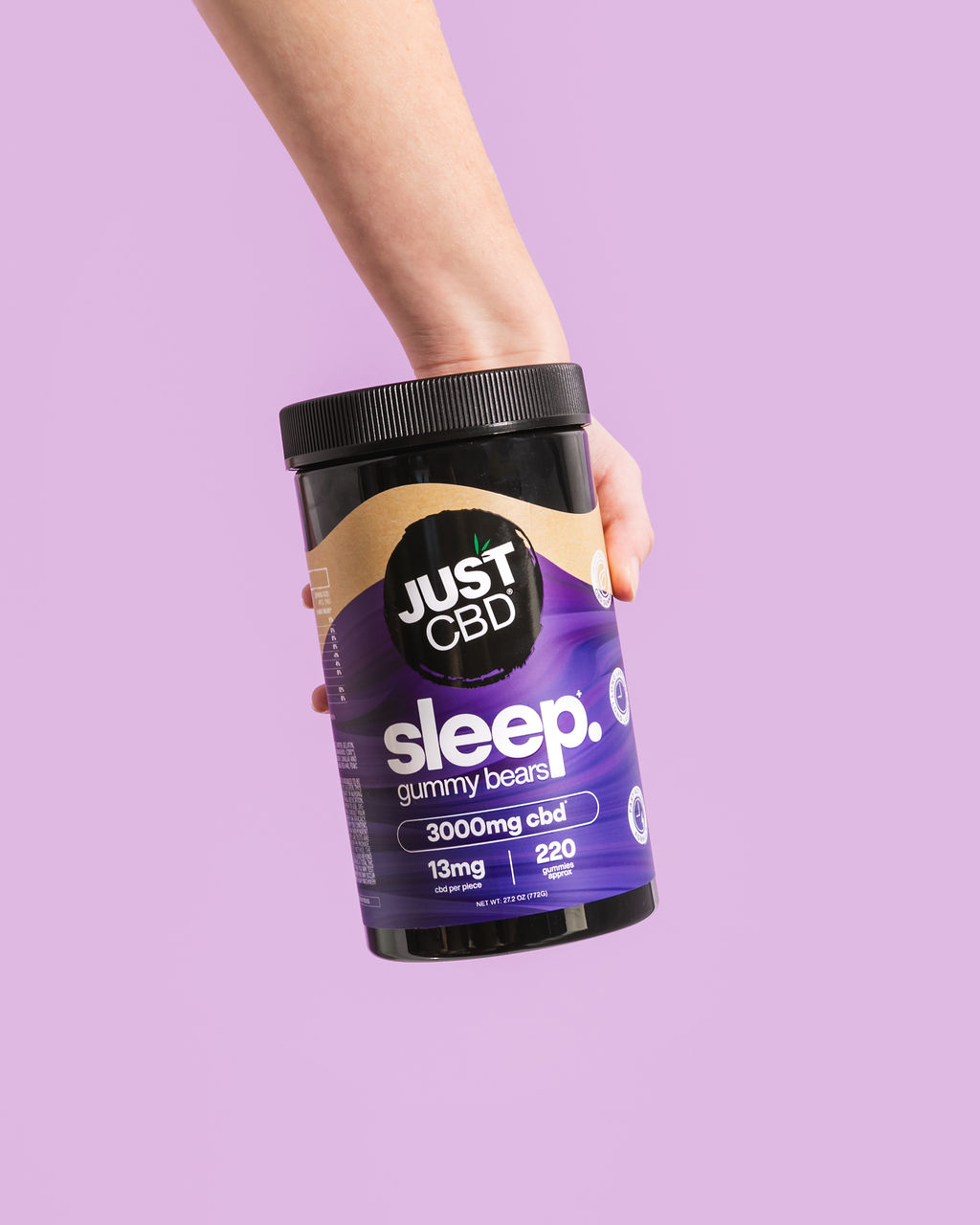Understanding Kratom’s Potential Benefits for Depression
Depression, a pervasive mental health condition, affects millions worldwide, impacting daily life and overall well-being. While conventional treatments like therapy and medication exist, individuals often seek alternative approaches to manage their symptoms. Kratom, a tropical plant with a history of traditional use, has gained attention for its potential benefits in alleviating depression.
Kratom and its Mechanism of Action
Kratom, derived from the Mitragyna speciosa tree, contains alkaloids that interact with opioid receptors in the brain. These interactions are believed to contribute to kratom’s reported effects on mood, pain perception, and energy levels. While research is ongoing, some studies suggest that kratom may exhibit antidepressant-like properties by influencing neurotransmitters such as dopamine and serotonin.
Kratom’s mechanism of action is complex and not fully understood. It appears to bind to both opioid receptors (mu, kappa, delta) and other receptors involved in mood regulation, including the serotonin 5-HT2A receptor. This multifaceted interaction may contribute to kratom’s potential therapeutic effects on depression.
Scientific Evidence and Research Findings
Despite promising anecdotal evidence and some preliminary research, it’s crucial to understand that scientific evidence supporting kratom’s effectiveness for treating depression is still limited. Many studies are small, observational, or have methodological limitations, making it difficult to draw definitive conclusions.
More robust, large-scale clinical trials are needed to confirm kratom’s efficacy and safety as a treatment for depression. These trials should carefully evaluate various doses, durations of use, and potential side effects. It is also essential to investigate potential interactions with other medications or pre-existing health conditions.
While researching kratom’s potential benefits, individuals considering using it for depression should consult with a healthcare professional. They can provide personalized guidance, assess potential risks and benefits, and help develop a comprehensive treatment plan that addresses the individual’s specific needs.
Choosing the Right Kratom Gummies
Navigating the world of natural remedies for mental health concerns can be overwhelming. Kratom gummies present themselves as a potentially viable option for managing depression symptoms, but choosing the right product is crucial. This guide will help you understand key factors to consider when selecting kratom gummies, empowering you to make informed decisions about your well-being.
Strains and their Effects on Mood
Choosing the right kratom gummies can feel daunting with numerous brands and strains available. Begin by understanding the different types of kratom, as they possess unique effects on mood. White vein kratom is known for its energizing properties, often associated with increased alertness and focus. Green vein kratom generally offers a balanced experience, providing both stimulation and relaxation. Red vein kratom tends to be more sedative, potentially promoting calmness and pain relief.
When considering strains for managing depression, green or red vein kratom might be suitable choices. Green vein’s balance could help address fatigue and low mood, while red vein’s calming effects might ease anxiety and promote restful sleep, both crucial aspects of managing depression.
It is vital to start with a low dose and gradually increase it as needed to assess your body’s response. Pay attention to how the gummies affect your mood and energy levels. If you experience any adverse reactions or discomfort, discontinue use immediately and consult with a healthcare professional.
Dosage and Frequency Guidelines
Dosage and frequency guidelines for kratom gummies can vary depending on individual tolerance and desired effects. A good starting point for individuals new to kratom is a low dose of 1-2 grams, taken once or twice daily. It’s essential to monitor your body’s response carefully and adjust the dosage accordingly.
As you gain experience with kratom, you may find that a higher dose is needed to achieve the desired effects. However, it’s crucial to avoid excessive consumption, as high doses can lead to adverse effects such as nausea, dizziness, or anxiety.
The frequency of kratom use should also be tailored to individual needs and preferences. Some people may find that daily use is beneficial, while others may prefer to take kratom only occasionally.
It’s important to listen to your body and adjust your dosage and frequency as needed. If you experience any negative effects or concerns, consult with a healthcare professional for guidance.

Quality Control and Reputable Brands
When selecting kratom gummies for depression management, prioritizing quality control is paramount. Look for brands that are transparent about their sourcing practices, extraction methods, and third-party lab testing. Reputable brands will readily provide Certificates of Analysis (COAs) that verify the purity, potency, and absence of harmful contaminants in their products.
Researching a brand’s reputation is crucial. Explore online reviews, forums, and social media to gauge customer experiences and overall satisfaction. Pay attention to feedback regarding product quality, consistency, and customer service.
Avoid brands that make exaggerated claims or guarantees about their products. Kratom’s effects can vary significantly between individuals, and responsible manufacturers will avoid making definitive statements about therapeutic benefits.
Incorporating Kratom Gummies into Your Routine
Kratom gummies offer a convenient way to incorporate this traditional herbal remedy into your daily routine for managing depression symptoms.

Starting Slowly and Monitoring Effects
Incorporating kratom gummies into your routine for managing depression requires a cautious and personalized approach. Begin by understanding the different strains of kratom, as they possess varying effects on mood. Green or red vein kratom might be suitable choices for addressing depression symptoms.
- Start with a low dose (1-2 grams) once or twice daily and gradually increase it as needed, monitoring your body’s response closely.
- Pay attention to how the gummies affect your mood, energy levels, and overall well-being. If you experience any adverse reactions, discontinue use immediately and consult with a healthcare professional.
- As you gain experience, you can adjust your dosage and frequency based on your individual needs and preferences.
Always prioritize quality when selecting kratom gummies. Look for brands that are transparent about their sourcing, extraction methods, and third-party lab testing.
Potential Side Effects and Interactions
When incorporating kratom gummies into your routine for managing depression, it’s crucial to be aware of potential side effects and interactions.

Common side effects of kratom use can include nausea, dizziness, constipation, itching, and dry mouth. Some individuals may also experience anxiety, restlessness, or insomnia, particularly at higher doses or with prolonged use.
Kratom can interact with various medications, including opioid pain relievers, antidepressants, and blood thinners. It’s essential to inform your doctor about all medications you are taking before using kratom, as interactions could lead to adverse effects.
Individuals with pre-existing health conditions, such as liver or kidney disease, should exercise caution when using kratom, as it may exacerbate existing conditions. Pregnant or breastfeeding women should avoid kratom use due to potential risks to the fetus or infant.
Seeking Professional Guidance
Incorporating kratom gummies into your routine for managing depression requires a cautious and personalized approach. Begin by understanding the different strains of kratom, as they possess varying effects on mood. Green or red vein kratom might be suitable choices for addressing depression symptoms.
- Start with a low dose (1-2 grams) once or twice daily and gradually increase it as needed, monitoring your body’s response closely.
- Pay attention to how the gummies affect your mood, energy levels, and overall well-being. If you experience any adverse reactions, discontinue use immediately and consult with a healthcare professional.
- As you gain experience, you can adjust your dosage and frequency based on your individual needs and preferences.
Always prioritize quality when selecting kratom gummies. Look for brands that are transparent about their sourcing, extraction methods, and third-party lab testing.
When incorporating kratom gummies into your routine for managing depression, it’s crucial to be aware of potential side effects and interactions.
Common side effects of kratom use can include nausea, dizziness, constipation, itching, and dry mouth. Some individuals may also experience anxiety, restlessness, or insomnia, particularly at higher doses or with prolonged use.
Kratom can interact with various medications, including opioid pain relievers, antidepressants, and blood thinners. It’s essential to inform your doctor about all medications you are taking before using kratom, as interactions could lead to adverse effects.
Individuals with pre-existing health conditions, such as liver or kidney disease, should exercise caution when using kratom, as it may exacerbate existing conditions. Pregnant or breastfeeding women should avoid kratom use due to potential risks to the fetus or infant.
Seeking professional guidance is essential before incorporating kratom into your routine for managing depression. A healthcare professional can assess your individual circumstances, medical history, and potential interactions with medications. They can help determine if kratom is an appropriate option for you and provide personalized recommendations for dosage, frequency, and monitoring.
Long-Term Use and Considerations
Long-term use of kratom necessitates careful consideration due to its complex effects on the body. While some individuals may experience positive benefits from kratom’s mood-enhancing properties, prolonged or excessive use can lead to tolerance, dependence, and potential adverse effects.
Building Tolerance and Managing Withdrawal
Long-term kratom use can lead to tolerance, meaning higher doses are required to achieve the same effects. This increased dosage can increase the risk of side effects and dependence.
Withdrawal symptoms can occur when stopping long-term kratom use. These may include irritability, anxiety, insomnia, nausea, muscle aches, and fatigue. The severity of withdrawal symptoms varies from person to person.
If you decide to use kratom for depression management, it’s crucial to do so responsibly and with a healthcare professional’s guidance. Monitoring your response to kratom, being mindful of dosage, and gradually reducing usage if necessary can help minimize the risk of dependence and withdrawal.
Alternatives to Kratom for Depression Management
Long-term use of kratom should be approached with caution due to potential risks and limited research on its long-term effects. While some individuals may find short-term benefits for managing depression symptoms, prolonged use can lead to tolerance, dependence, and withdrawal symptoms.
It is important to consider alternatives to kratom for depression management that have a stronger evidence base and fewer potential risks. These alternatives include:
*
Psychotherapy: Talking therapies such as cognitive-behavioral therapy (CBT) and interpersonal therapy can be effective in treating depression by helping individuals identify negative thought patterns and develop coping mechanisms.
*
Medications: Antidepressants, such as selective serotonin reuptake inhibitors (SSRIs) or serotonin-norepinephrine reuptake inhibitors (SNRIs), are commonly prescribed for depression and can effectively alleviate symptoms.
*
Lifestyle changes: Engaging in regular exercise, maintaining a healthy diet, getting sufficient sleep, and practicing stress-reduction techniques can positively impact mood and well-being.
*
Support groups: Connecting with others who are experiencing depression can provide valuable support, understanding, and coping strategies.
Always consult with a healthcare professional for personalized advice and treatment options for depression. They can help you determine the most appropriate course of action based on your individual needs and medical history.
The Importance of a Holistic Approach
A holistic approach is crucial when considering kratom for managing depression. It involves understanding its potential benefits, recognizing potential risks, and incorporating it as part of a comprehensive treatment plan that addresses both physical and mental well-being.
This approach emphasizes:
* **Thorough assessment:** Consulting a healthcare professional to discuss medical history, current medications, and potential interactions with kratom is essential.
* **Personalized dosage and frequency:** Starting with low doses and gradually increasing as needed, while carefully monitoring for any adverse effects, is crucial for individualizing treatment.
* **Lifestyle modifications:** Combining kratom use with healthy lifestyle practices such as regular exercise, a balanced diet, stress management techniques, and sufficient sleep can enhance its effectiveness and overall well-being.
* **Ongoing monitoring and adjustment:** Regular check-ins with healthcare providers allow for adjustments to dosage, frequency, or treatment plan based on individual responses and evolving needs.
Long-term use of kratom should be approached cautiously. Monitoring for potential tolerance, dependence, and withdrawal symptoms is crucial. Open communication with a healthcare provider is essential for responsible and sustainable management.
Find Kratom Gummies online for wellness
- What Are The Risks Of Consuming THC Drinks? - June 2, 2025
- Neck Line Filler Treatment Near Wallington, Surrey - June 2, 2025
- Navigating The Taboo Of Non-Traditional Relationships - June 1, 2025
